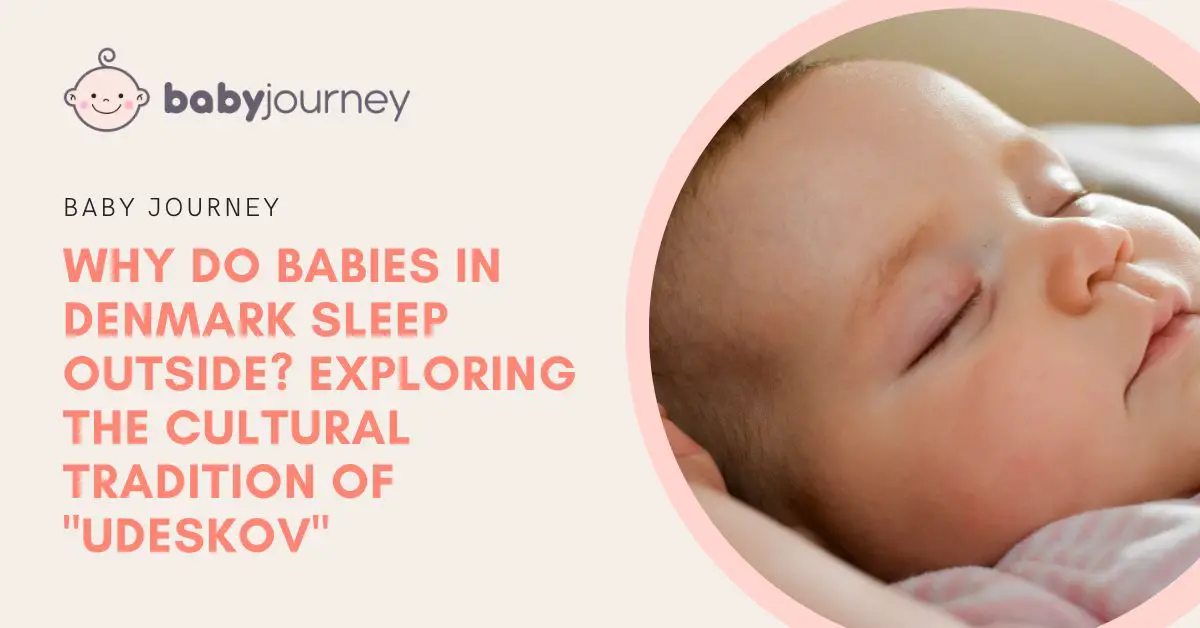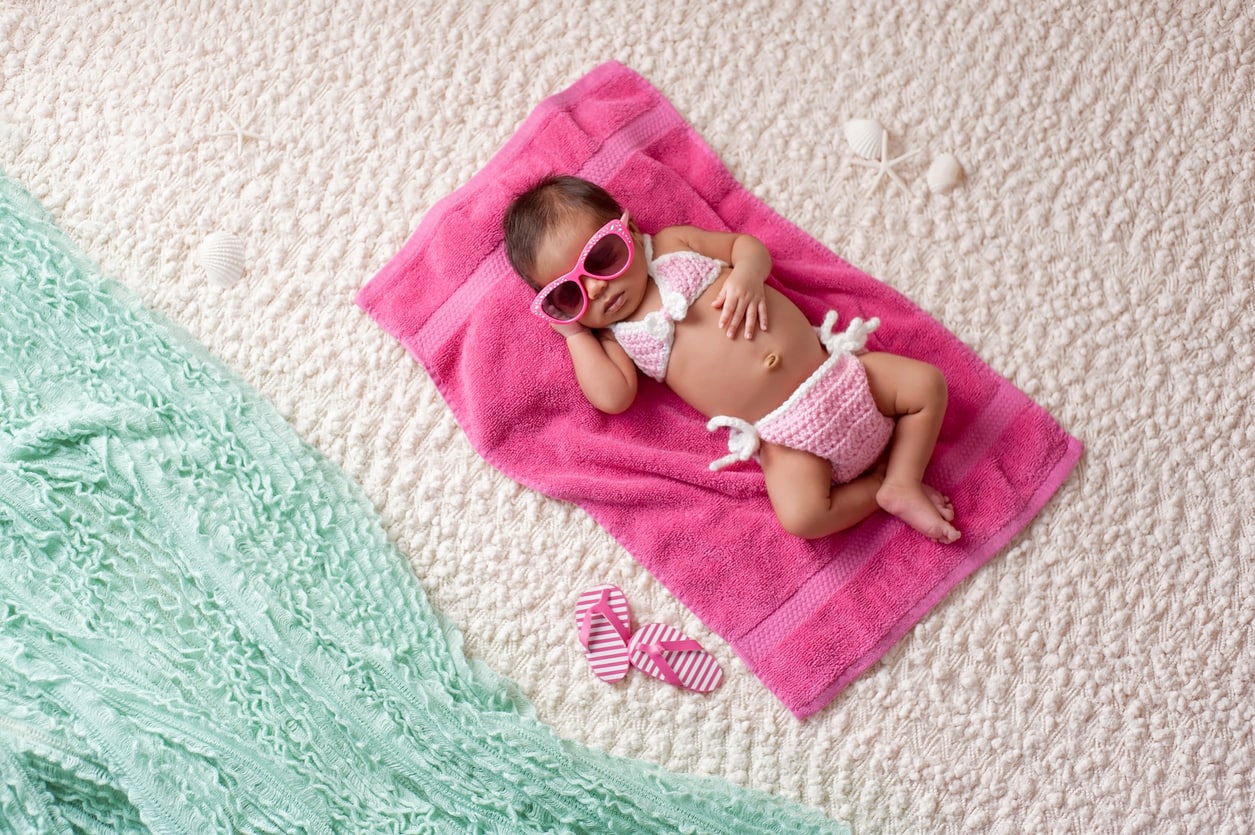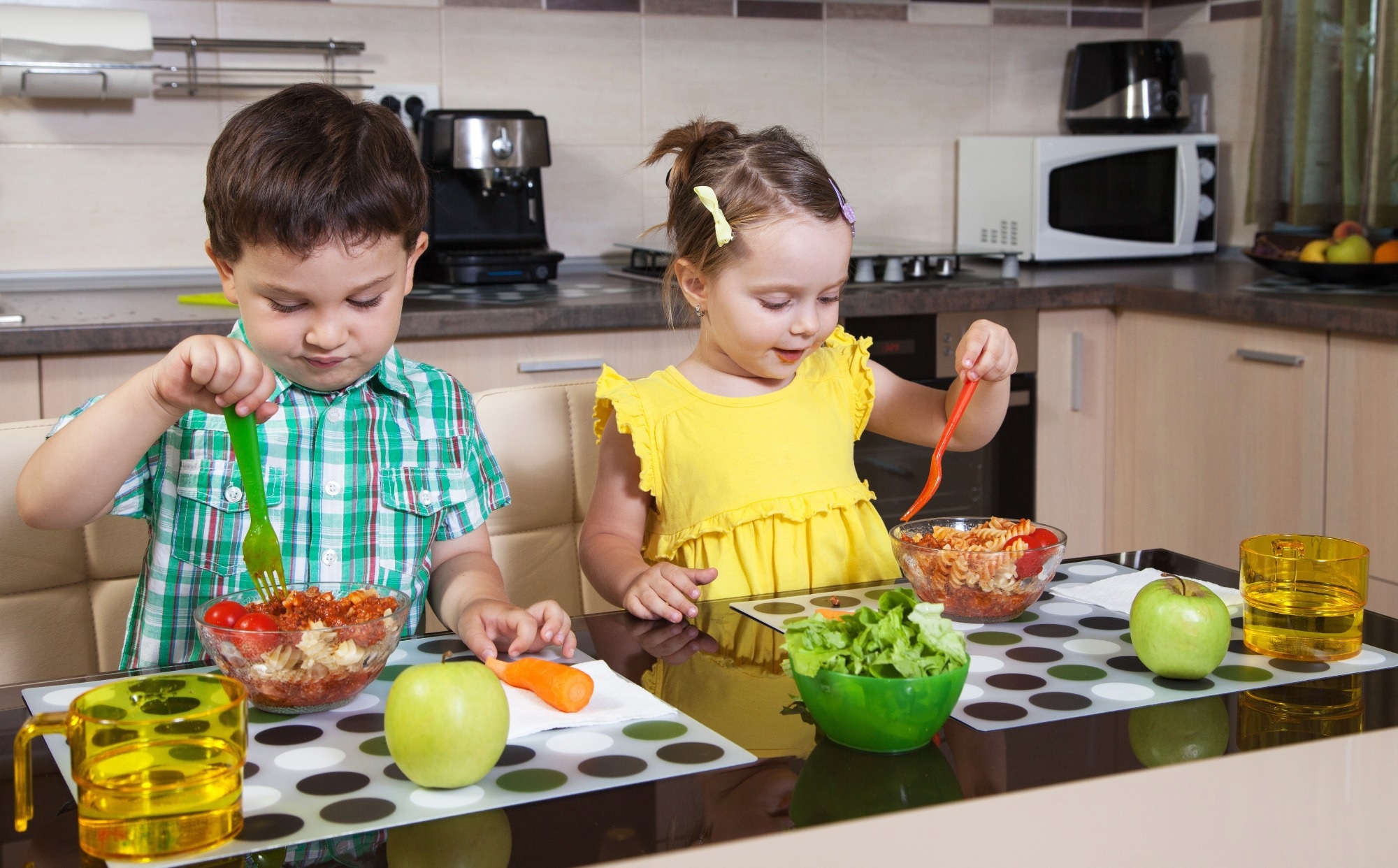Why do babies in Denmark sleep outside? Baby napping outside in Nordic countries like Denmark is a cultural norm that has caught the attention of many around the world. It is not uncommon to see baby napping outside in strollers, even in sub-zero temperatures. This practice has raised concerns and questions from people who are not familiar with the tradition.
Why do Danish babies nap outside? The reasons behind why Danish parents let their babies nap outside are rooted in their cultural beliefs and traditions. The practice is believed to be good for the immune system of babies, as it reduces the risk of coughs, colds, and infections. It is also believed to promote better sleep for babies, which is essential for their growth and development. While it may seem unusual to outsiders, this practice is perfectly normal and deeply ingrained in Danish culture and has been passed down from generation to generation.
History of Sleeping Outside
Traditional Practices
The practice of letting baby sleep outside in Nordic countries like Denmark has been around for centuries. So, why do Danish babies sleep outside? It is believed to have originated from the Viking age when babies were left outside in their prams while their Danish mother worked in the fields. This tradition has been passed down from generation to generation and is still a common practice in Nordic countries like Denmark today.
Scientific Evidence
Why Danish babies sleep outside? Studies have shown that sleeping baby outside can have several health benefits for babies. Fresh air can help improve their immune system, reduce the risk of respiratory infections, and prevent Sudden Infant Death Syndrome (SIDS). Additionally, exposure to natural daylight can help regulate a baby’s circadian rhythm, which can improve their sleep quality.
The Danish government recommends that babies nap outdoors for at least two to three hours a day, regardless of the weather conditions. It is common to see babies sleeping outside in prams during the winter months, even in sub-zero temperatures. Parents in Nordic countries like Denmark believe that the cold air is beneficial for their babies and helps them sleep better.
In recent years, the practice of Nordic parents letting babies nap outdoors has gained popularity in other Nordic countries such as Sweden and Norway. However, it is not as common in other parts of the world, where parents prefer to keep their babies indoors.
In conclusion, the practice of letting children sleeping outdoors in Denmark has a long history and is supported by scientific evidence. Nordic parents believe that fresh air and exposure to natural light can improve their babies’ health and sleep quality.
Benefits of Sleeping Outside
Why do babies sleep outside in Denmark? Children sleeping outdoors has been a common practice in Denmark for many years, and there are several benefits associated with it. In this section, we will discuss some of the physical and mental benefits of sleeping outside for babies.

Physical Benefits
Why do babies nap outside in Denmark? One of the most significant physical benefits of sleeping baby outdoors is that it helps babies build a strong immune system. When babies sleep outdoor, they are exposed to a variety of natural elements, such as fresh air, sunlight, and dirt, which can help build their immunity. Moreover, sleeping outside can help babies breathe better, especially if they have respiratory problems such as asthma.
Another physical benefit of sleeping outdoors is that it can improve a baby’s sleep quality with deeper naps. According to a survey conducted in the National Centre Finland, babies who slept outside in strollers for at least one hour during the day slept longer and woke up less frequently at night. The study found that outdoor naps range from 1.5 to three hours, whereas indoor sleeps range one to two hours.

Mental Benefits
Why do Denmark babies sleep outside? Sleeping outside can also have several mental benefits for babies. For instance, it can help them develop a sense of independence and self-reliance. When babies sleep outdoor, they learn to self-soothe and regulate their own body temperature, which can help them become more self-sufficient.
Moreover, sleeping outside can have a calming effect on babies, which can help reduce their stress levels. According to a study published in the journal Health & Place, exposure to natural environments can help reduce stress and improve overall well-being.
In conclusion, sleeping outside has several physical and mental benefits for babies. It can help them build a strong immune system, improve their sleep quality, and develop a sense of independence and self-reliance. Moreover, it can have a calming effect on babies, which can help reduce their stress levels.

Safety Concerns
When it comes to leaving babies sleep outdoor, safety concerns are always a top priority. While many parents in Denmark swear by the practice, it is important to consider the potential risks and take necessary precautions to avoid child endangerment.
Weather Conditions
Nordic country such as Denmark, the cold weather can be unpredictable, with temperatures sometimes dropping below freezing. It is crucial to ensure that babies are dressed appropriately for the cold weather and kept baby’s temperature at warm and dry. Parents typically use woolen clothing and outerwear to keep their babies comfortable in colder temperatures. However, it is important to note that infants weighing under 3 kilograms should sleep indoors, according to health service advice.
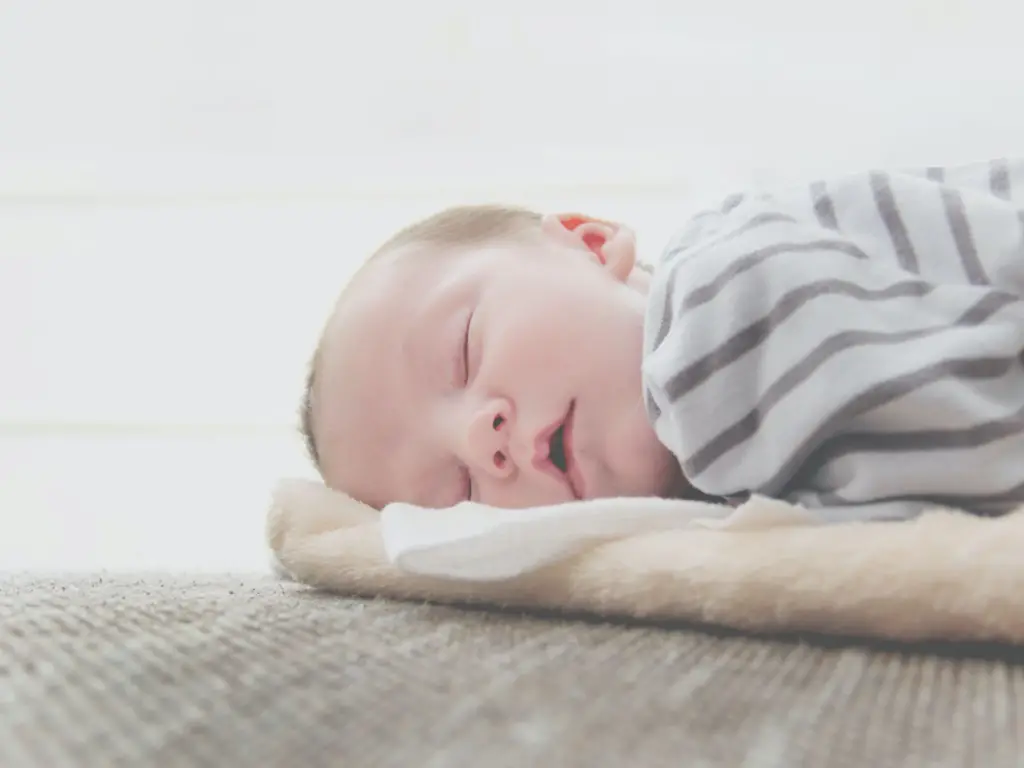
Supervision
Another concern with letting babies sleep outdoor is the issue of supervision. While it may seem counterintuitive, Danish parent often leave their babies alone outside while they attend to other tasks. However, it is important to ensure that babies are always within sight and earshot by using baby monitors to avoid child endangerment. Parents should also make sure that their babies are sleeping in a safe and secure environment, such as a stroller or crib.
Overall, while letting baby sleep outside may seem unconventional to some, many Danish parents swear by the practice. However, it is important to prioritize safety and take necessary precautions, including dressing babies appropriately for the weather and ensuring proper supervision with baby monitor.
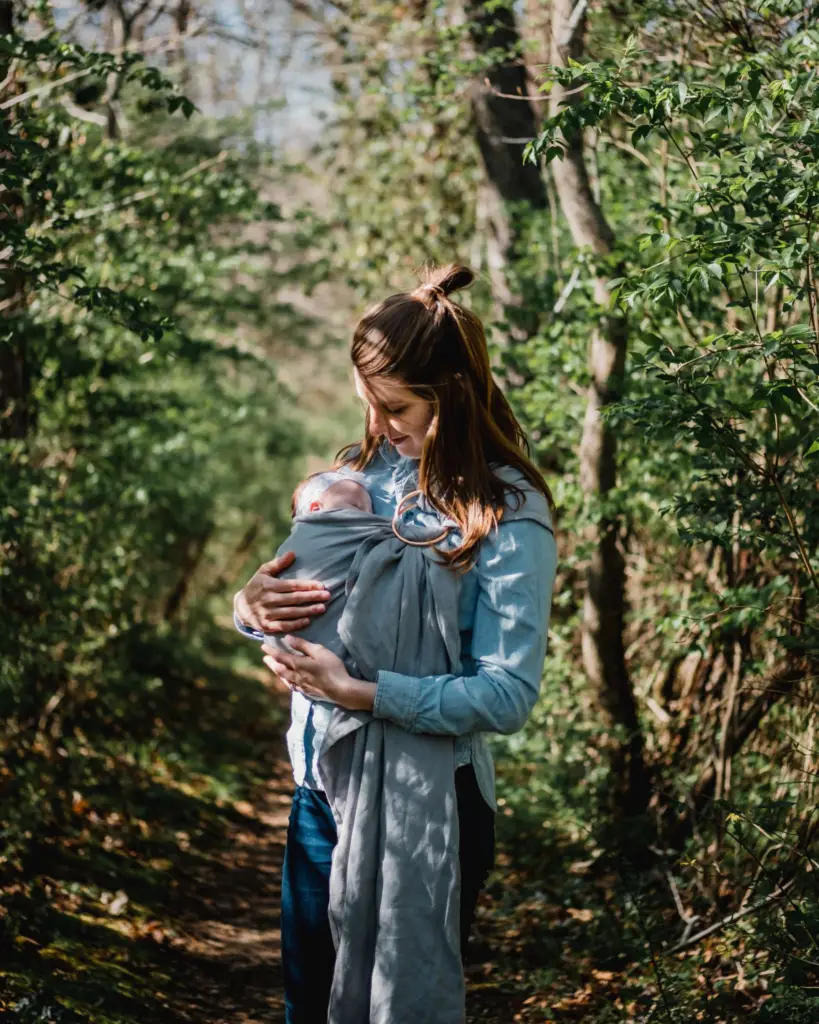
Practical Considerations
Equipment and Clothing
When it comes to letting babies sleep outdoor in Nordic country like Denmark, the right equipment and clothing are essential. Parents typically use a pram or reversible stroller for maximum comfort with a bassinet attachment that can be covered with a weather shield to protect the baby from the elements. The pram should have a sturdy frame and large wheels to navigate the uneven terrain of outdoor paths and sidewalks.
For clothing, woolen materials are preferred because they are warm, breathable, and naturally moisture-wicking. Danish parents dress their babies in a full-length woolen suit called a sovedragt, which can be layered over regular clothes or pajamas. The suit should be snug-fitting and cover the hands and feet to keep the baby warm. A woolen hat and mittens are also recommended.

Logistics and Planning
Before letting a baby sleep outside, parents need to consider several logistical factors. They should choose a safe location that is sheltered from wind and rain and away from busy roads and other hazards. The pram should be parked on a flat surface and secured with a brake to prevent it from rolling away.
Parents should also check the weather forecast and avoid letting their baby sleeping outdoors in extreme temperatures or during heavy rain or snow. Outdoor naps should not last more than two hours, and parents should check on their baby frequently to ensure they are comfortable and safe.
Finally, parents need to plan ahead and bring everything they need for their baby’s outdoor nap, including extra blankets, diapers, and wipes. They should also have a backup plan in case the weather changes suddenly or their baby becomes uncomfortable.
Overall, letting children sleep outside in Nordic countries like Denmark requires careful planning and preparation, but many parents find that the benefits outweigh the challenges. By providing fresh air and natural stimulation, outdoor naps can help baby sleeps better and build their immune systems.
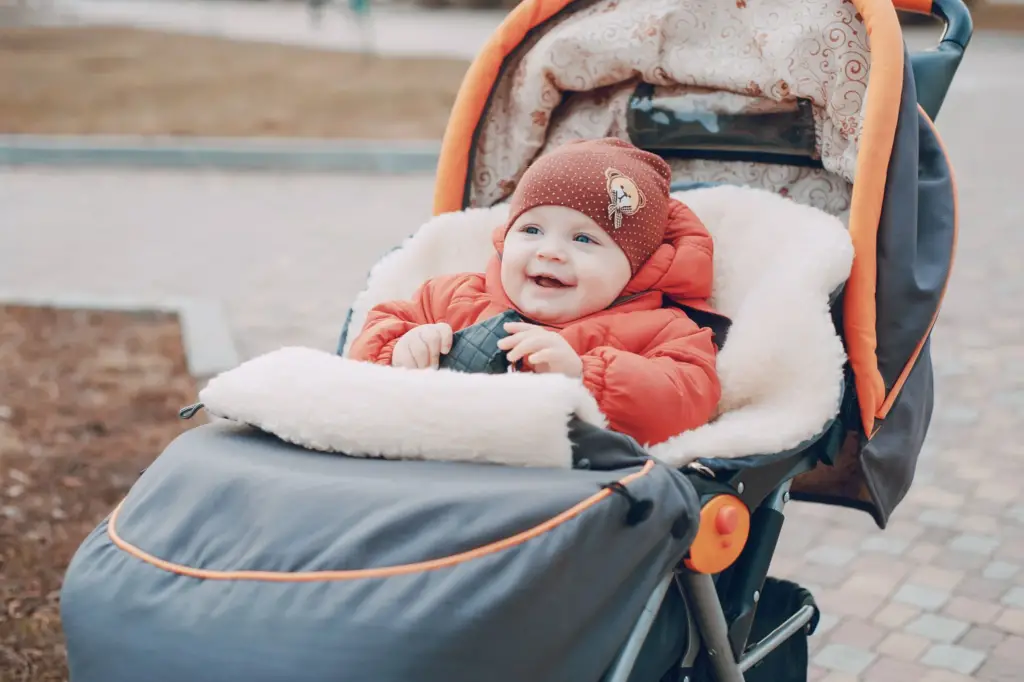
Conclusion
In summary, the tradition of letting children sleep outdoor alone in Nordic countries like Denmark is rooted in the belief that fresh air and exposure to nature are beneficial for a child’s health and well-being. While it may seem unusual to outsiders, this practice is widely accepted and supported by Danish parents, healthcare professionals, and government officials.
The benefits of outdoor sleeping for babies include deeper sleep, better immune system function, and reduced risk of infection. Moreover, outdoor sleeping allows babies to experience the natural environment and encourages them to develop a sense of independence and self-reliance.
However, it is important to note that this practice is not without risks. Babies can be vulnerable to hypothermia, especially during the winter months, and parents must take precautions to ensure their child’s safety and comfort. Additionally, some experts have raised concerns about the potential for air pollution and other environmental hazards that could harm a baby’s health.
Overall, the tradition of letting babies sleeping outdoors alone in Nordic countries like Denmark is a unique aspect of Danish culture that reflects the country’s emphasis on nature, health, and well-being. While it may not be suitable for all families or cultures, it is a practice that has stood the test of time and continues to be a cherished tradition in Denmark.
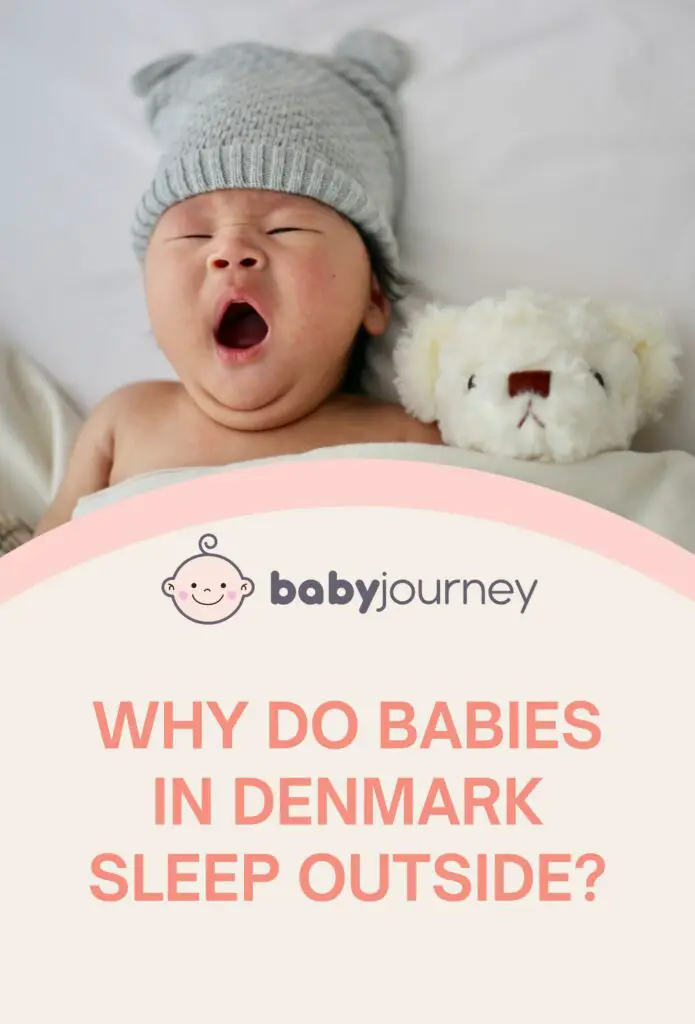

 PARENTING TIPS
PARENTING TIPS PREGNANCY
PREGNANCY BABY CARE
BABY CARE TODDLERS
TODDLERS TEENS
TEENS HEALTH CARE
HEALTH CARE ACTIVITIES & CRAFTS
ACTIVITIES & CRAFTS